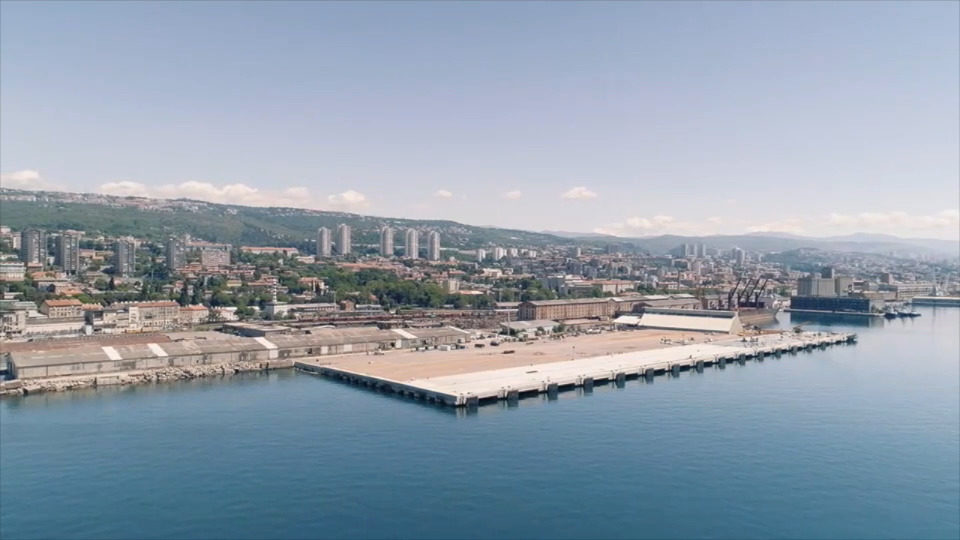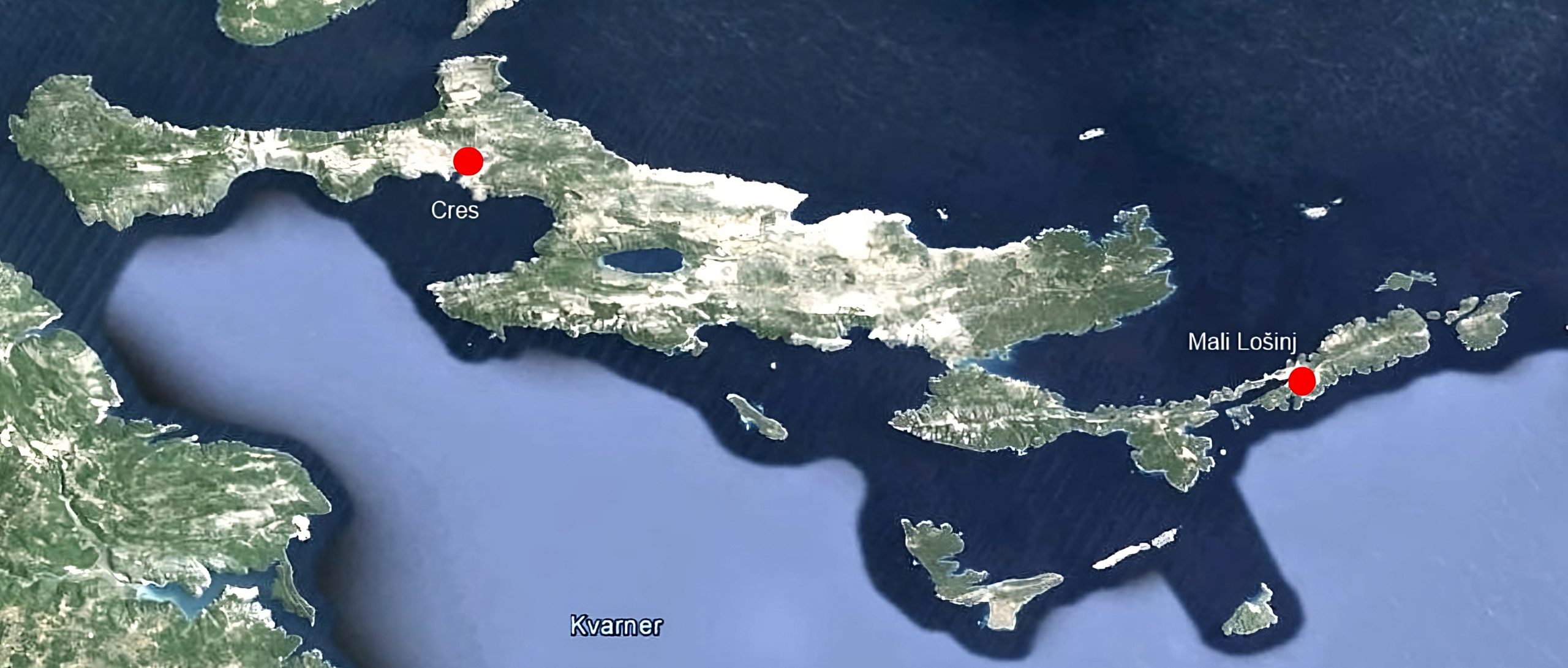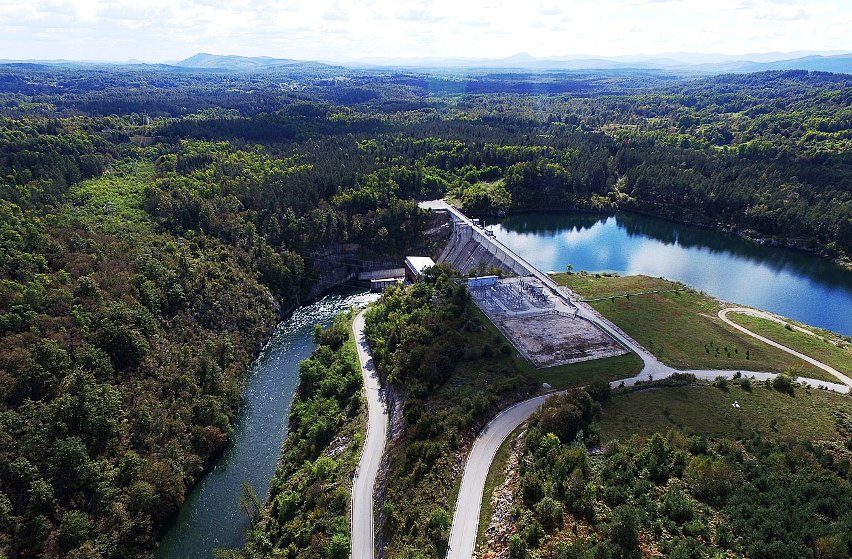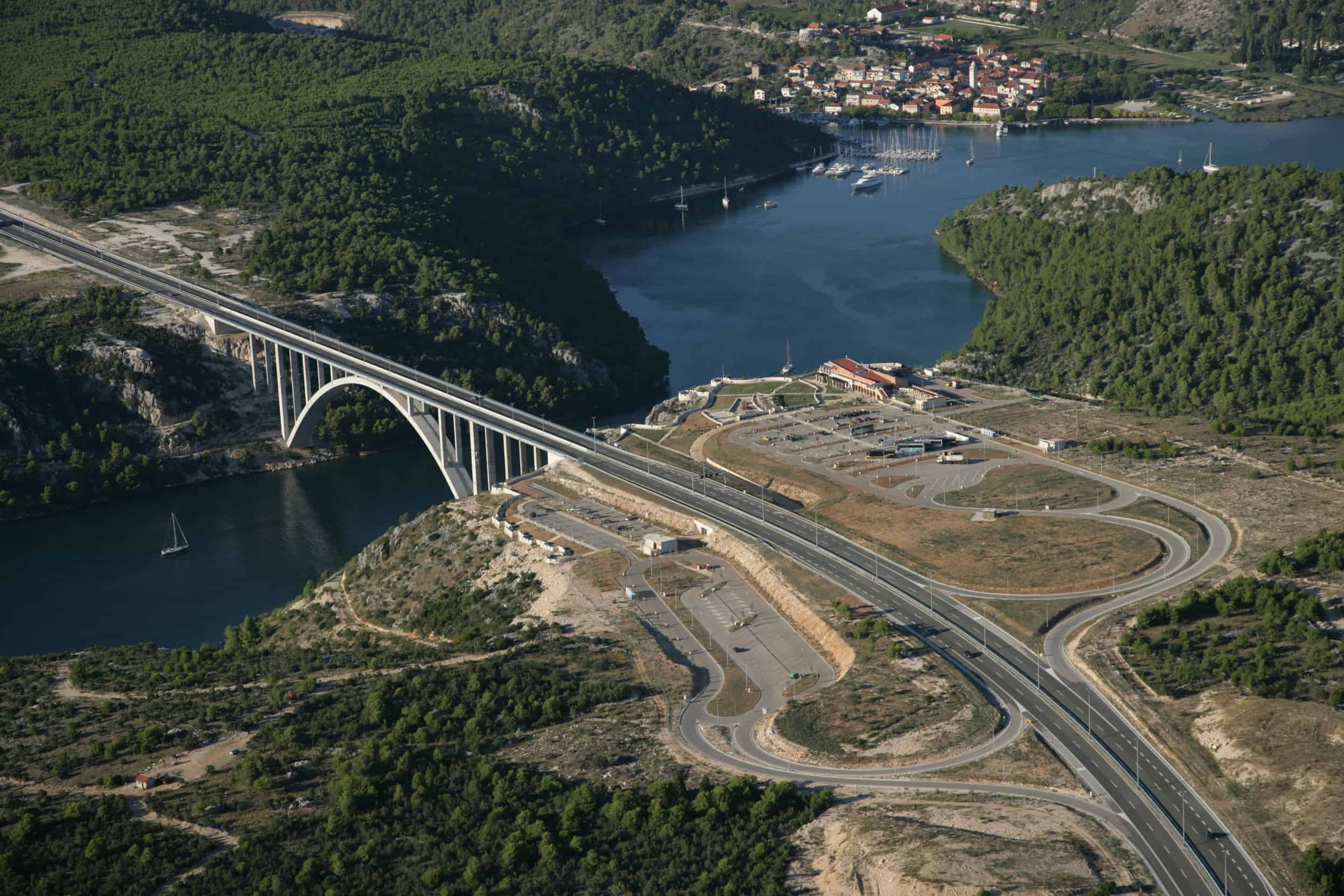With a rich tradition spanning several decades, the Laboratory for Transport Infrastructure offers a wide range of services in the field of road pavement construction. These services include material and road pavement construction product testing and research, quality control and supervision during construction and repair, as well as consultancy in asphalt technology processes and material selection. Additionally, the laboratory provides expertise for post-construction quality verification. The laboratory's portfolio includes a wide array of laboratory and field tests, amounting to over 100 accredited testing methods. These tests are categorized into eleven distinct areas, depending on the type of material or product and its intended application in the construction industry.
In our recent expansion of its services & activities, the laboratory has extended its scope to cover activities related to road pavement construction within an integrated building management system. This expansion involves critical tasks such as main road pavement inspections, investigative work, road pavement structure dimensioning, and the development of repair projects.
The Laboratory's remarkable journey began in the 1970s with its involvement in the construction of the first segment of the Zagreb-Karlovac highway, otherwise known as the "Dalmatina." Over time, through the adoption of innovative technologies and advanced construction methods, the Laboratory has contributed greatly to the sustainability and durability of the road network & infrastructure. By ensuring the longevity and structural integrity of roads hinges on the quality of their foundations, these roads rank among the highest in terms of quality within the European road network & infrastructure. To achieve those results, it involved properly installing subgrades, embankments, and subbases. The tests cover the upper load-bearing layers of road structures made of unbound, mechanically compacted stone material as well as load-bearing layers bonded with hydraulic binders.
In Croatia, asphalt road pavements are the standard for finishing road and transportation surface construction. To ensure quality control and assurance (QA/QC) in asphalt layer construction, various testing and research are conducted on properties related to asphalt mixtures, installed asphalt layers, bitumen, bitumen emulsions, and bitumen tapes, all in accordance with prevailing regulations. Furthermore, field measurements evaluate road surface characteristics such as smoothness, texture, and skid resistance. The laboratory is also equipped to assess the retroreflective properties of traffic signage for quality assurance! Apart from testing and research, the laboratory offers valuable advisory services. These services are of great help when it comes to material selection, quality preparation, production, and installation of asphalt mixtures, all geared towards achieving the desired safety, durability, and stability attributes in road pavement construction.
With more than 40 years of tradition, the laboratory specializes in the examination of the physical and mechanical properties of stones used in architectural applications for both interior and exterior building coverings. These applications also include the paving of squares, parks, and pedestrian surfaces.
Beyond their aesthetic appeal, architectural stones must also meet other building & architectural requirements. The emergence of artificial, so called "agglomerated stone" in the market represents an evolving trend. Construction-technical stone and aggregates, produced through crushing rock masses, are used in various engineering ranging from transport infrastructure and hydro-construction to railways and high-rise buildings. This also includes the construction of concrete and masonry structures. In addition to natural materials, recycled and industrially produced aggregates are gaining traction, their usability validated through testing tailored to their intended purpose.
The laboratory's expert services extend to conducts tests and evaluations of stone blocks used in hydraulic structures, such as those employed in maritime infrastructure construction and development. Additionally, the laboratory offers consulting services for the selection and assessment of stone quality, particularly in the context of restoration work.
With a rich history, the Laboratory for Transport Infrastructure has played a major role in numerous high-profile infrastructure projects, not only in Croatia & the region, but also on the international stage. Our expert team and their contributions have been instrumental in the construction and reconstruction of highways in Bosnia and Herzegovina, China, Georgia, and Libya, showcasing our commitment to excellence, quality and innovation in the field of transport infrastructure and materials testing.
Contact
































































